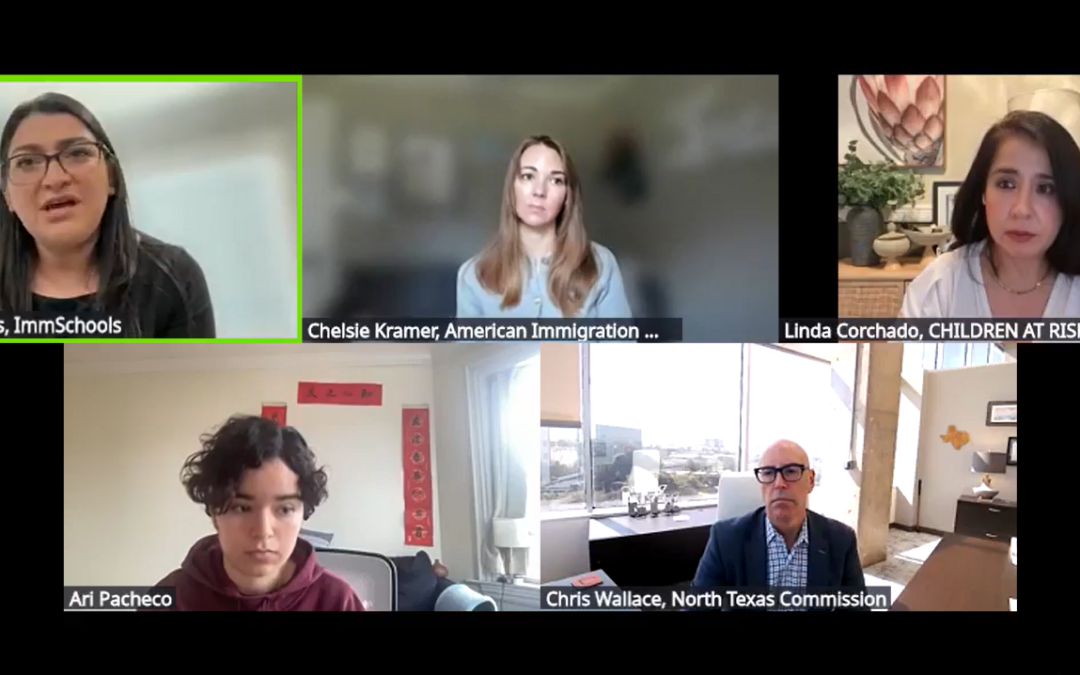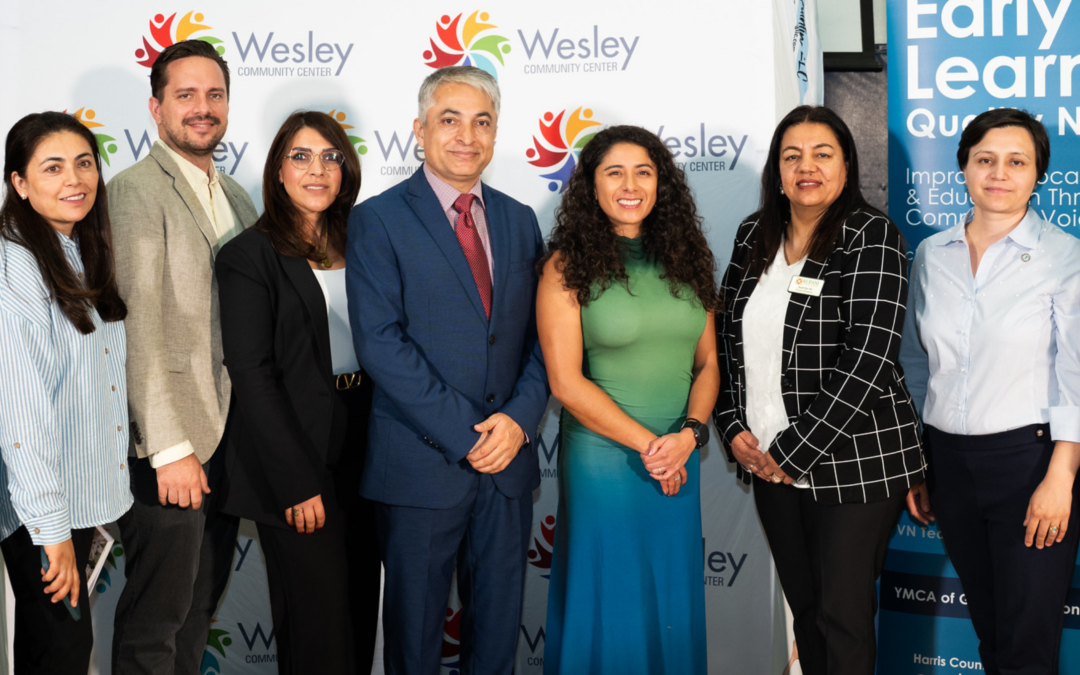
by Children At Risk | Jun 30, 2025 | C@R Blog, Equity, Health & Nutrition, Immigration, Policy, Press Release
Virtual Press Conference: CHILDREN AT RISK and Community Leaders on the Future of the Child Tax Credit C@R and researchers, family policy experts, and community leaders will hold a press conference urging Congress to ensure that any revisions to the Child Tax Credit...

by Children At Risk | Jun 9, 2025 | Immigration, Press Release
Virtual Press Conference: CHILDREN AT RISK and Texas Coalition of Business and Education Partners Respond to Termination of Texas Dream Act C@R and economic experts warn of devastating consequences for Texas’ future workforce following DOJ lawsuit. Media...

by Children At Risk | Jun 6, 2025 | K-12 Education, Policy, Press Release
Press Conference: Education, Legislation, and Workforce Alignment in Texas Changes to school funding, teacher certification requirements, and public education policy poised to reshape academic recovery and career preparation for Texas students. Media Contacts:Morgan...

by Children At Risk | May 20, 2025 | C@R Blog, Opportunity Youth, Policy, Press Release
State Senator César J. Blanco Passes Bill to Help Young Adults in West Texas Get Back to School and Work FOR IMMEDIATE RELEASE: Contact: Taylor Sanchez Taylor.sanchez@senate.texas.gov PRESS RELEASE C@R'S TESTIMONY BILL LANGUAGE Austin, Texas – The Texas...

by Children At Risk | May 12, 2025 | ELQN, Press Release
Photo courtesy of Darlene Whittaker, Community Liaison I, Pct I & III- Early Learning Quality Network, Harris County Public Library Press Conference: Harris County's ELQN Announces Community Initiatives & Vendors to Enhance Early Learning Environments Six quality...

by Children At Risk | May 9, 2025 | ELQN, Press Release
Harris County Early Learning Quality Network (ELQN) and VN TeamWork Host Southwest Houston Town Hall Community Stakeholders and Leaders to Kick Off Implementation of $1.725 Million Investment, Supporting Community-Driven Improvements to Alief-Area Early Learning...






